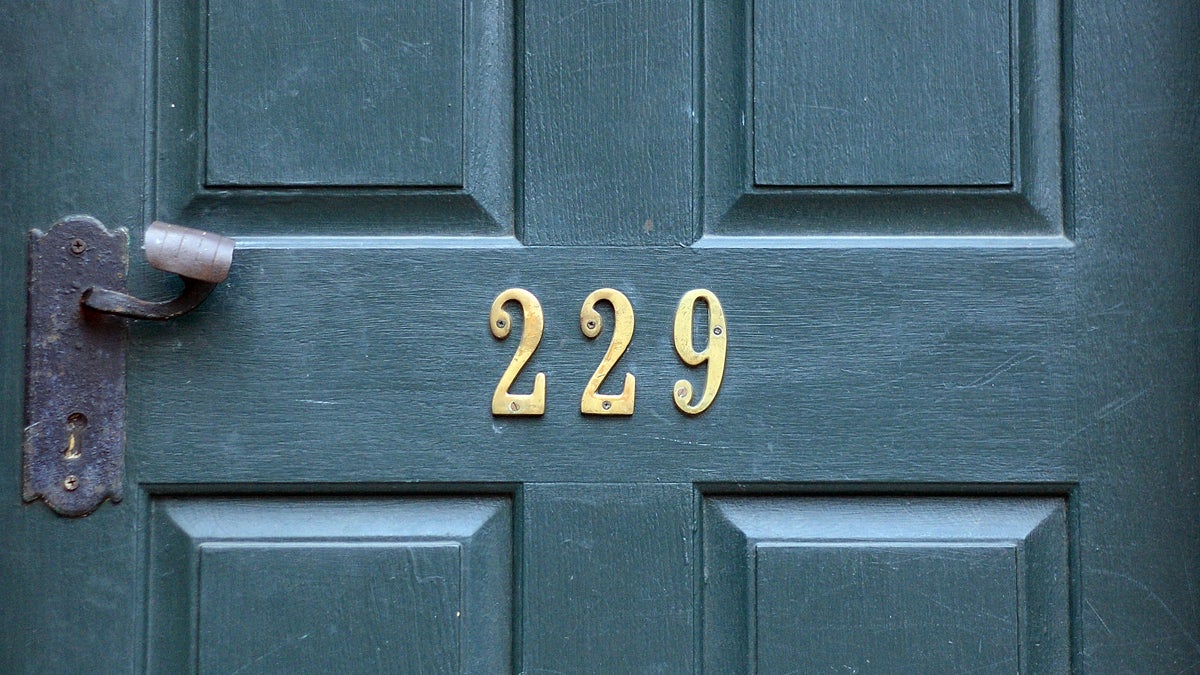Pa. court clamps down on release of public employee addresses through Right to Know
 Photo via ShutterStock) " title="sshomeaddressx1200" width="1" height="1"/>
Photo via ShutterStock) " title="sshomeaddressx1200" width="1" height="1"/>
(Photo via ShutterStock)
A Pennsylvania court has ordered that government employees must be notified before their home addresses are publicly released after the state’s largest teachers’ union sued to require teachers’ consent.
Seeking to protect teachers’ home addresses in the face of the 2009 Right to Know law, the Pennsylvania State Education Association argued that there should be a way to object to the release of the information.
The majority of the seven state appeals judges who reviewed the case agreed with the teachers, saying the Right to Know law does not take into account how turning over a home address could cause the risk of personal harm.
Under the order, government agencies have to give an individual a written notice and a “meaningful opportunity” to fight the release of such personal details.
But Judge Dan Pellegrini balked, saying the argument is caving to “unfounded fears.” He said releasing a home address doesn’t put anyone at risk. He added that addresses can easily be found through other means online.
“Most teachers are well known in the community in which they teach,” he wrote. “In the not-too-distant past, home addresses were readily discoverable; it was called the White Pages, which had both a person’s home address and telephone number. To say that disclosing the home address affects personal security of a teacher is like saying disclosing the name of the teacher involved is a substantial and demonstrable risk.”
Since the Right to Know law took effect Jan. 1, 2009, journalists, citizen groups and businesses have filed thousands of public records requests, some now being disputed in court. The Philadelphia Inquirer, for instance, requested more than 20,000 home addresses of city employees.
Nathan Byerly, acting executive director of the Office of Open Records, said most of the requests to agencies seeking home addresses are from political campaigns or advertisers.
“Somebody will go and ask for a list of mailing addresses of everybody who has bought a dog license, because they’re starting a dog grooming business and they want to send out fliers,” Byerly said. “Another one was from a chiropractor looking for accident reports so they can send out mailers of their chiropractic business to people who had been in car accidents.”
The Right-to-Know law already provides several exemptions for personal information — medical, psychiatric and other personal records cannot be requested.
Adding another step in the process can potentially burden city and state agencies, Byerly said.
“Government agencies can pre-emptively get ahead of this by reaching out to their employees and asking them, before they even get a right-to-know request, ‘Do you have a security concern with your address being released if we get a request?'”
Pellegrini, who was joined by Judge Bernard McGinley in opposing the majority’s decision, called it a way of “succumbing to unfounded fears and a parade of speculative horribles.”
Byerly said his office is now weighing whether to appeal the decision to the state’s Supreme Court.
WHYY is your source for fact-based, in-depth journalism and information. As a nonprofit organization, we rely on financial support from readers like you. Please give today.

